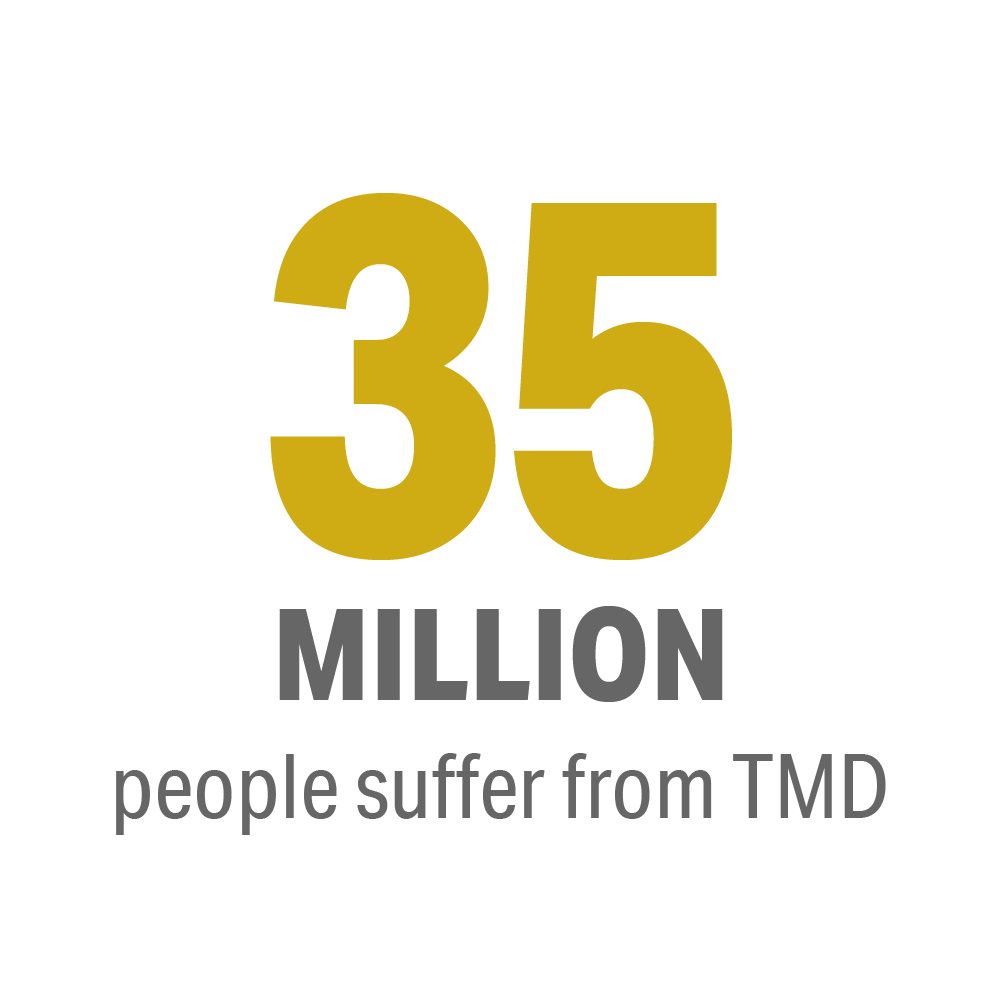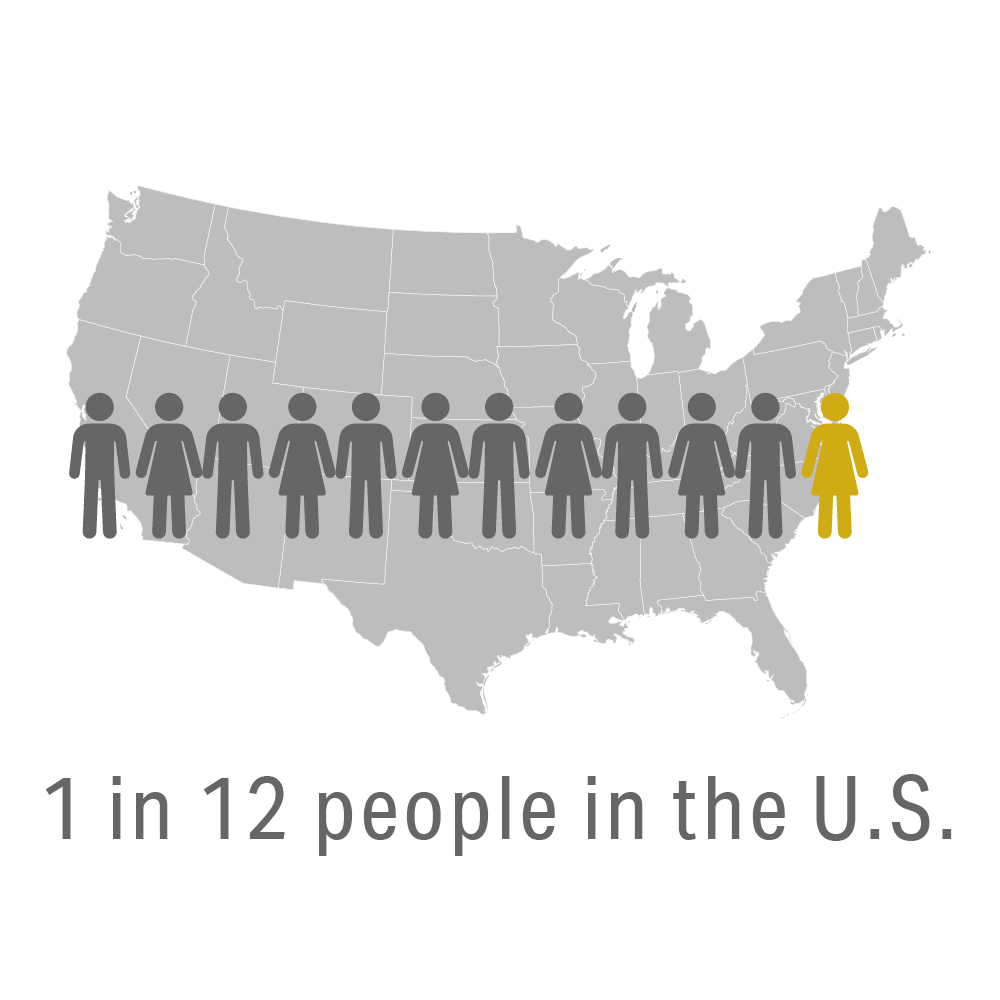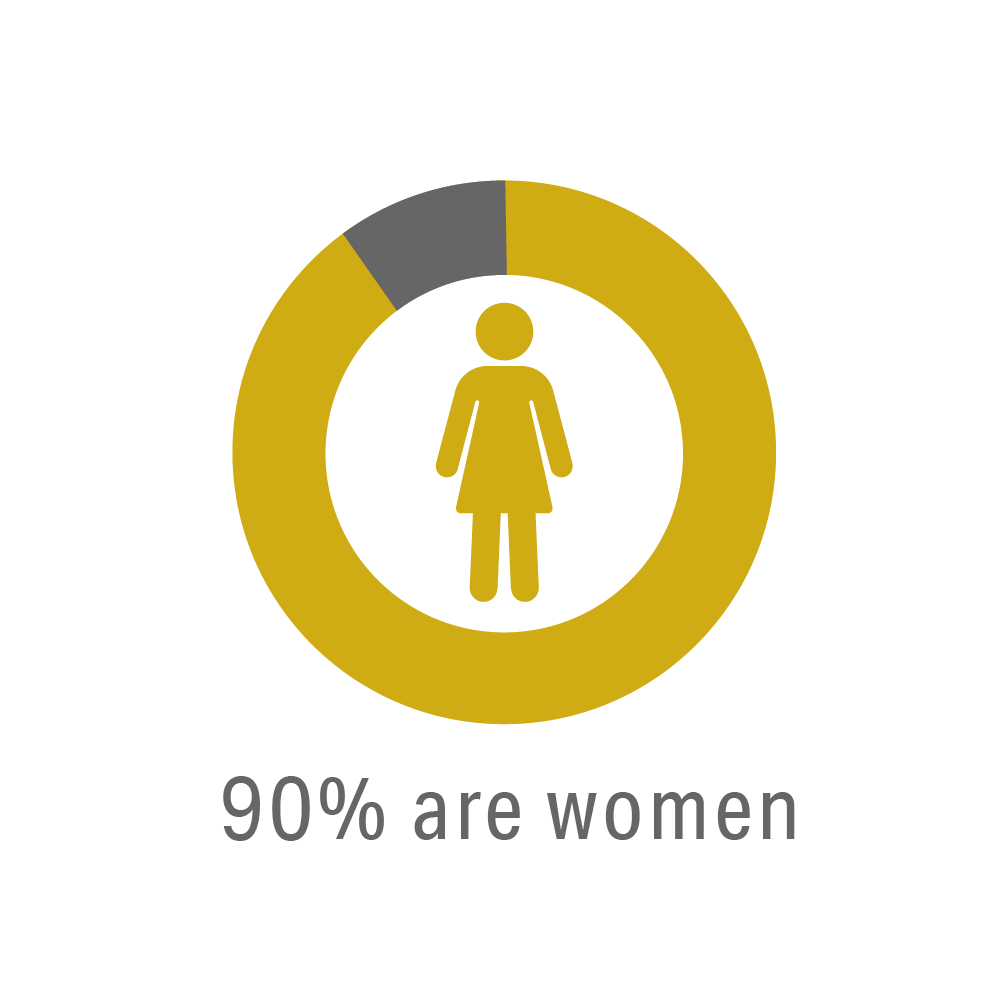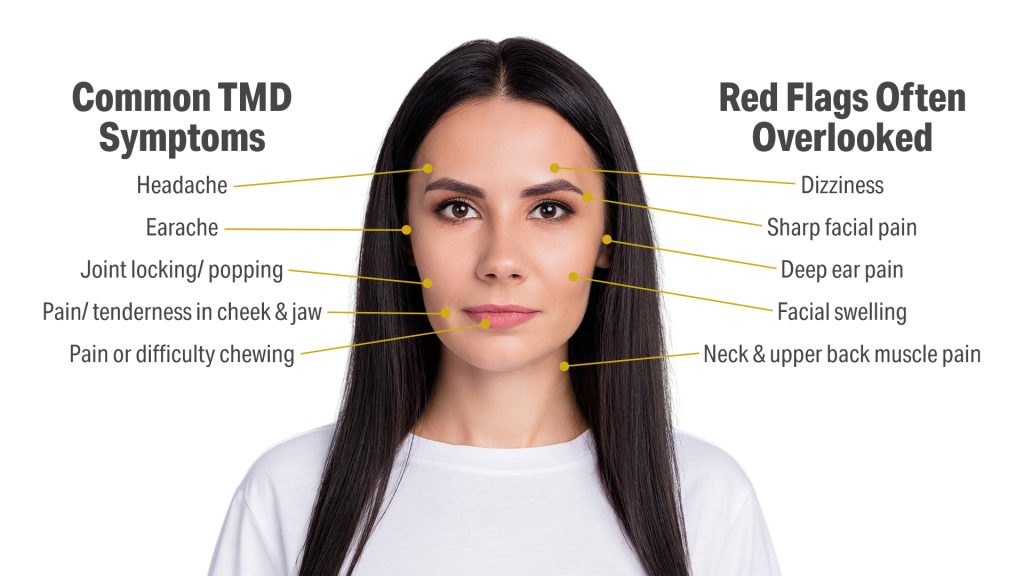
If you’re experiencing frequent headaches, back and neck pain, dull aching facial pain, or popping in your jaw, you are not alone.
If your natural teeth don’t fit together properly, your muscles may accommodate, forcing the jaw to close on a path that stresses and fatigues the muscles over time. So much of what we use these muscles for is done subconsciously. For example, we bring our teeth together thousands of times a day just to swallow. Clenching or grinding exacerbates the symptoms and can cause muscle spasms. If your bite is out of alignment, the constant strain of the muscles can also pull the disc that cushions the jaw joint out of position. If this happens, the bones of the jaw joint can rub against each other and the nerves, causing pain and damaging the joint. Other conditions that can affect the health of the TMJ include trauma, disease, nutritional deficiencies, and infections.
Permanent stabilization may be necessary. Options may include wearing a long term orthotic, providing orthodontic treatment, placing crowns or veneers on the affected teeth, or creating a neuromuscular denture. With the techniques and technologies of neuromuscular dentistry, we can help achieve a healthier bite and more comfortable muscles and jaw joints. In a harmonious, comfortable bite, the teeth, jaw joints, and muscles can work together without strain or tension.



